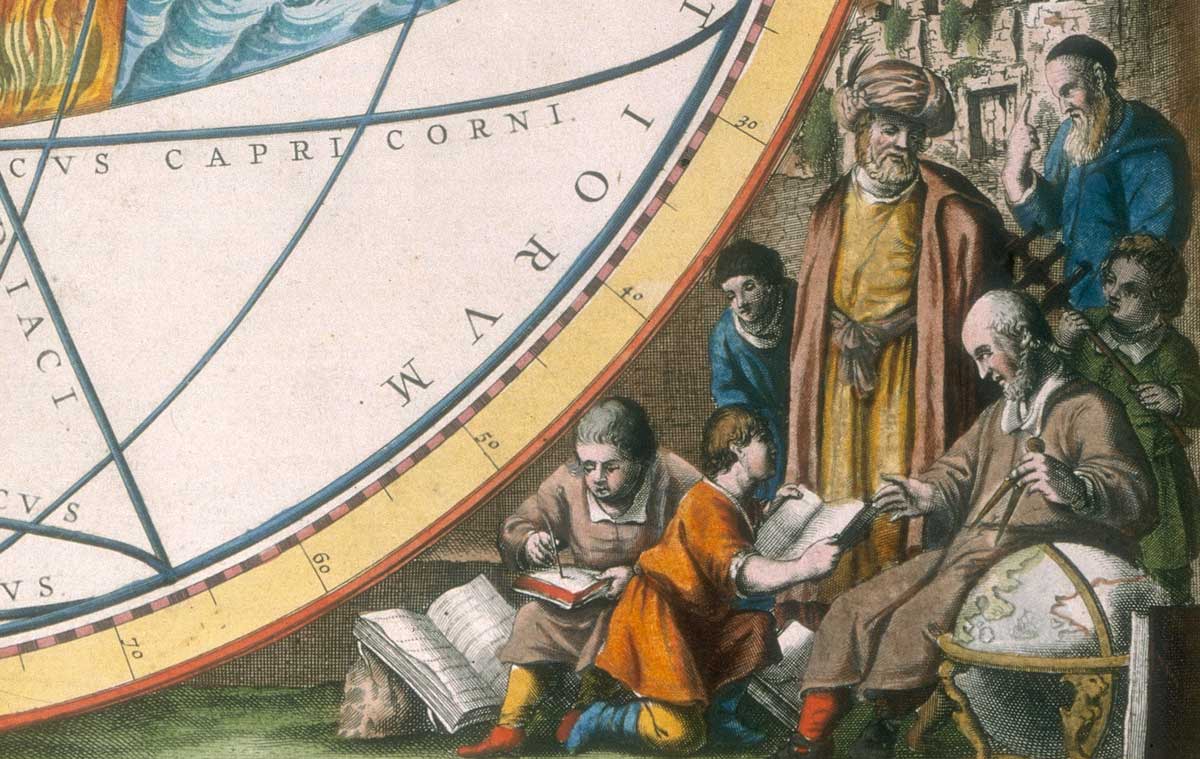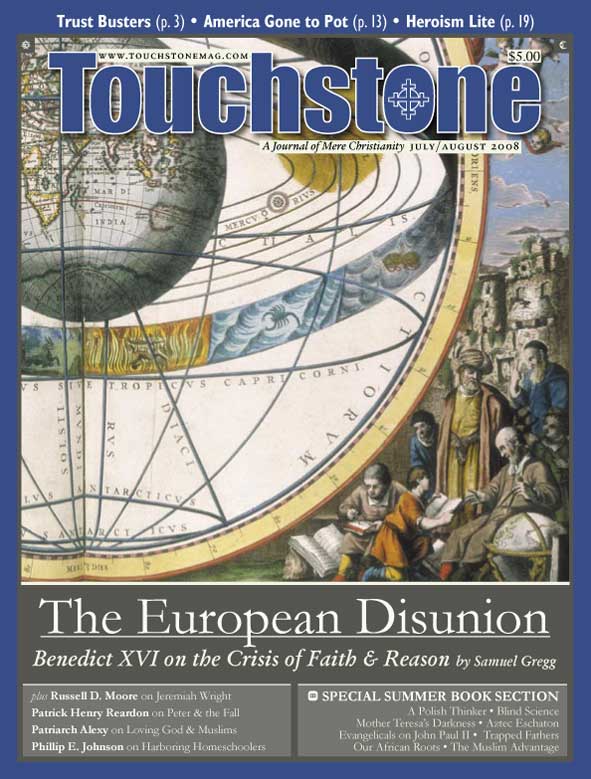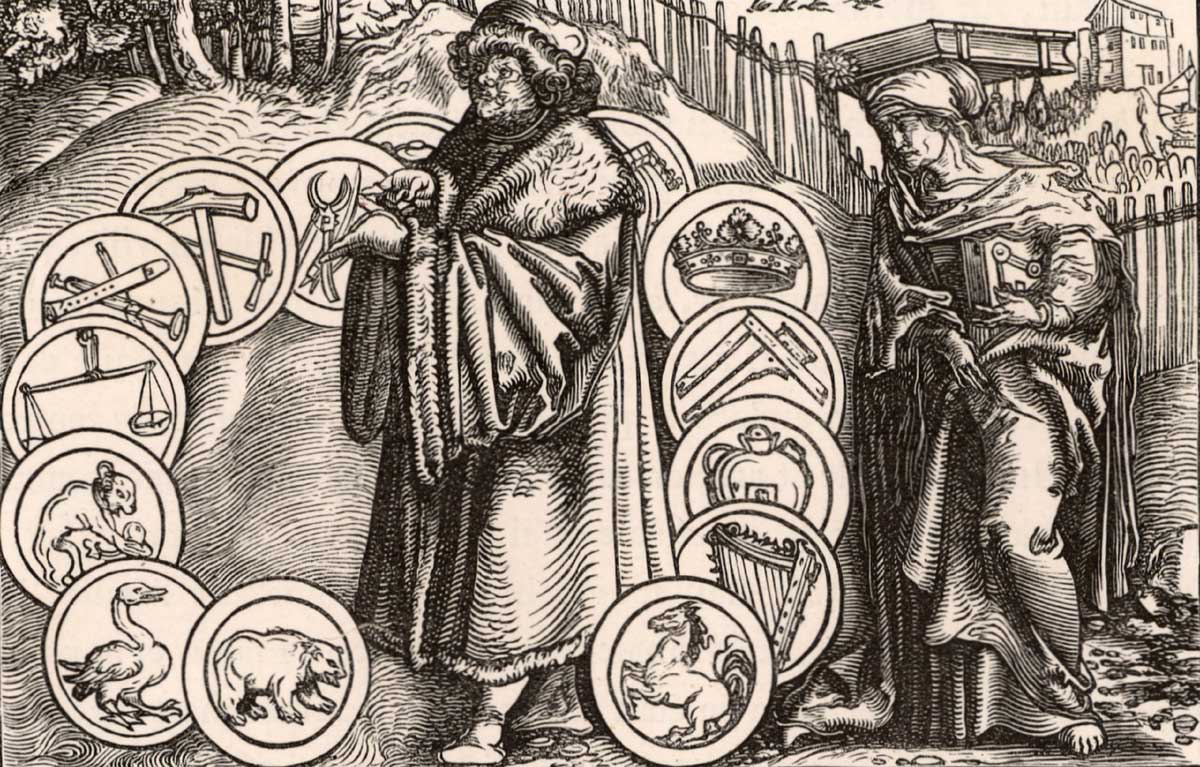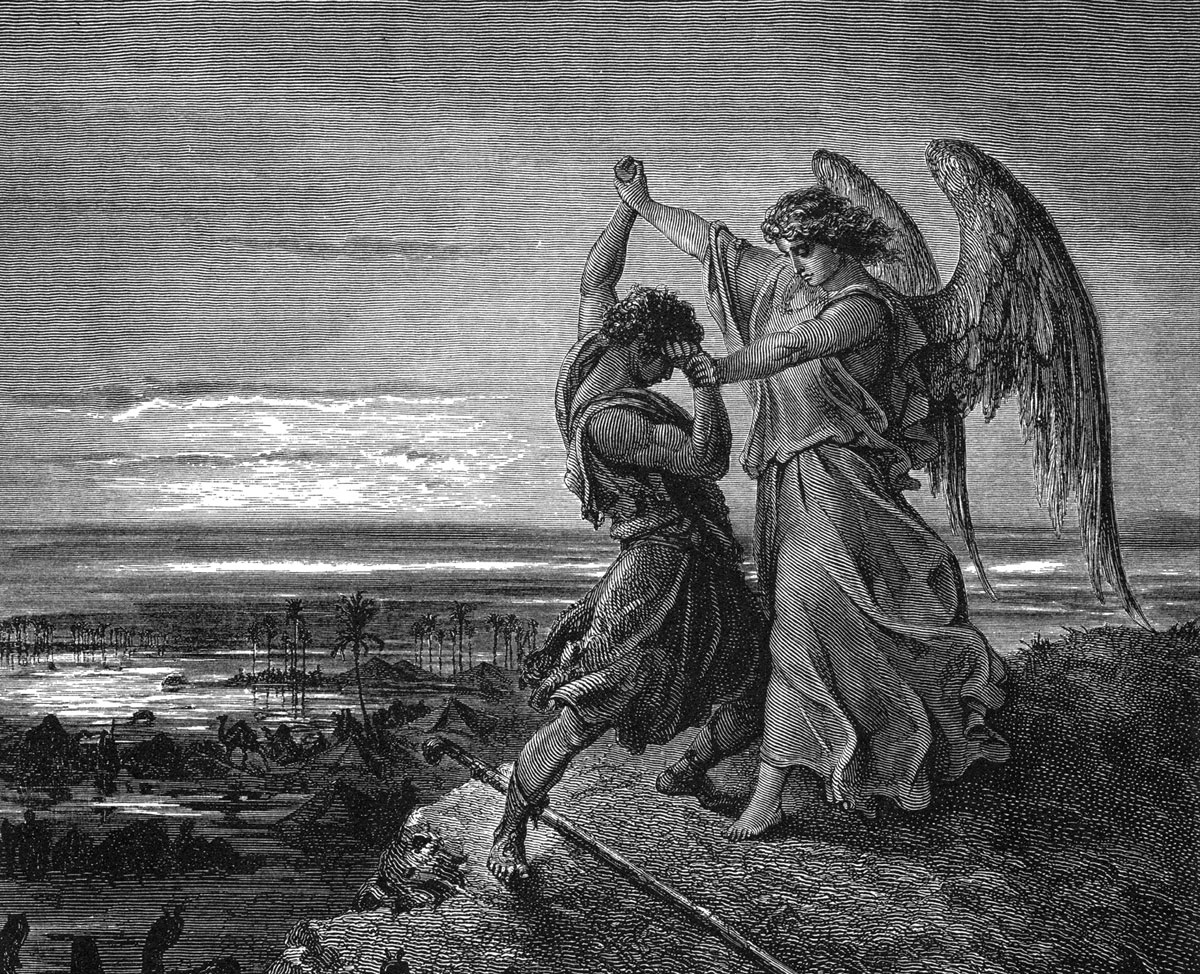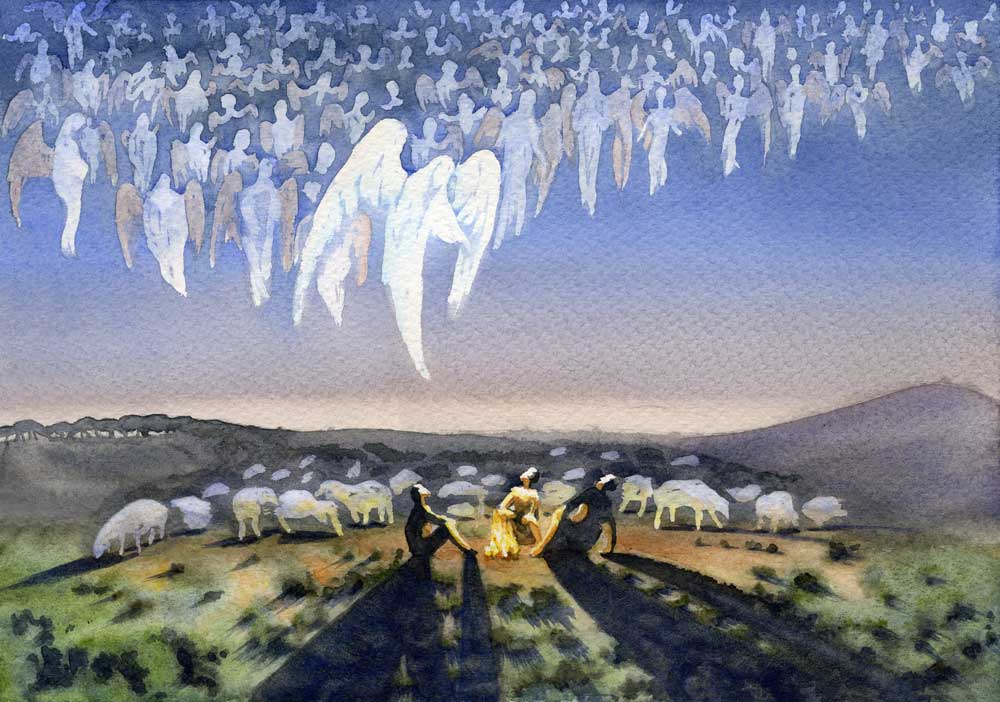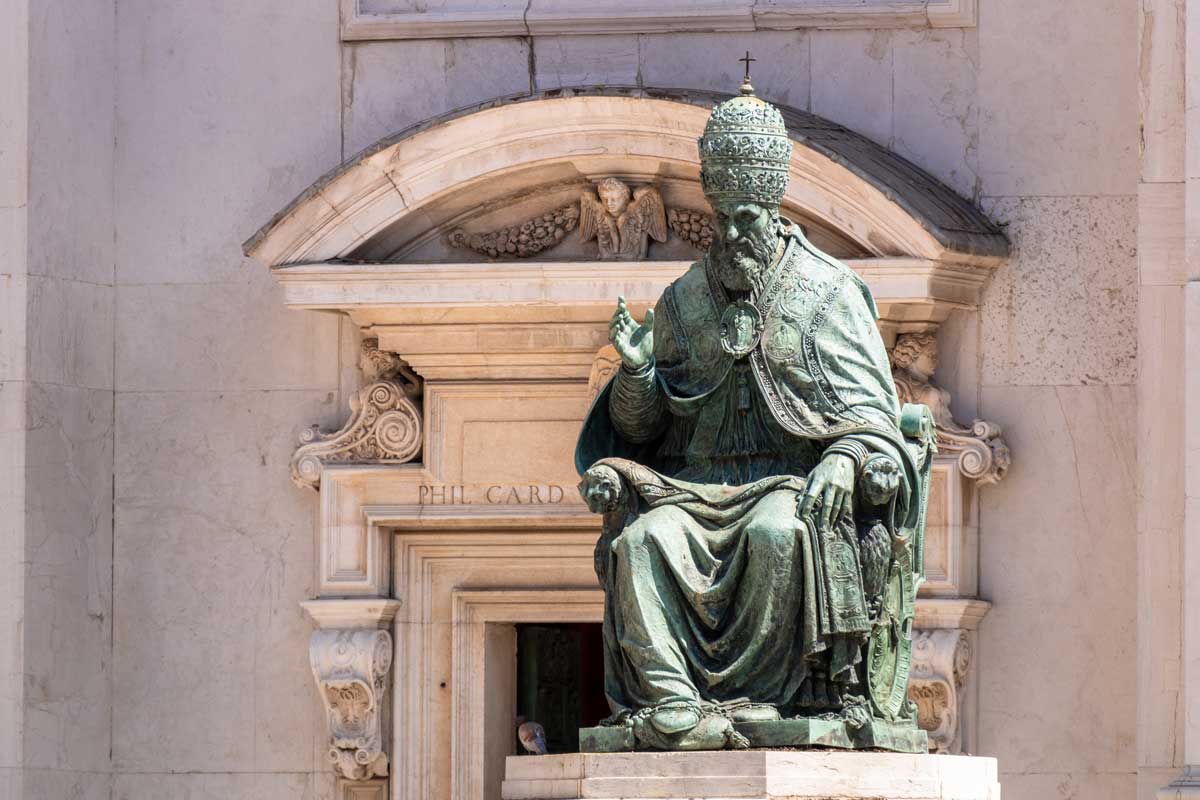Feature
The European Disunion
Benedict XVI on the Crisis of Faith & Reason
There are few more insightful observers of Europe’s problems than the scholar-pope Joseph Ratzinger. Master of eight modern and ancient languages, an accomplished classical pianist, Mozart devotee, member of the Académie Française, and one of the world’s leading theologians, Benedict XVI has not merely written extensively about European history. He has also lived through some of modern Europe’s defining experiences, ranging from the Nazi dictatorship to May 1968.
But perhaps Benedict’s most striking contribution to contemporary discussion about Europe is his contention that Europe’s problems do not lie primarily in its increasingly bureaucratized political and economic arrangements—as damaging as he says they are. Rather, he insists that Europe’s difficulties ultimately flow from a crisis of faith and reason.
It is true, he remarks, that the precise relationship between reason and faith “was never quite beyond dispute” for Christians, even after Aquinas. But what was not questioned until the late medieval period was the essential compatibility between the two realms of knowledge.
Thereafter, Benedict holds, the legitimate autonomy of the sciences that Catholicism has always recognized as essential to these disciplines’ integrity developed into a type of separatism. While acknowledging that the church’s handling of the Galileo case misled many into imagining that science and faith were opposed, he maintains that the split was also driven by some thinkers’ exaggerated rationalism, especially that of Descartes, Spinoza, Kant, and—as he reminded readers of his encyclical Spe Salvi, Francis Bacon. The distinction between ratio (the empirical realm of what can be done) and intellectus (reason that contemplates “the deeper [meaning] of being”) was lost, with only ratio remaining. Reason was thus, he argues, reduced to experimental study, and questions of morality and faith relegated to the subjective realm.
Tragic Separation
The drama of this separation was played out in Western intellectual history. While Hegel, Benedict suggests, attempted to return faith to its correct place in philosophical reasoning, he tried to transform faith into reason, thereby dissolving faith qua faith. Marx, Benedict claims, took the opposite path by insisting that the only valid form of knowledge was positivist scientific knowledge, thereby making the very idea of God irrelevant.
The tragedy, to Benedict’s mind, is that there was nothing necessary about this separation. The modern sciences, he notes, first flourished in medieval universities built by the church and gained much of their precision through their encounter with Catholic theology and logic. Catholicism always understood itself “to be the religion of the Logos,” whose Jewish-theological and Greek-philosophical antecedents undermined the highly superstitious pagan religions that obstructed Europeans’ search for truth.
Part of the problem, Benedict claims, was that by the seventeenth century, “the voice of reason had become excessively tame” within the church. The Enlightenment had the merit of forcing Catholicism to re-focus attention upon the value attached to reason by Scripture, the church fathers, and medieval theologians, thereby restoring reason to its proper place in Christian discourse.
Yet, according to Benedict, the radical separation of reason and faith associated with certain streams of modernity has considerably damaged both faith and reason.
subscription options
Order
Print/Online Subscription

Get six issues (one year) of Touchstone PLUS full online access including pdf downloads for only $39.95. That's only $3.34 per month!
Order
Online Only
Subscription

Get a one-year full-access subscription to the Touchstone online archives for only $19.95. That's only $1.66 per month!
bulk subscriptions
Order Touchstone subscriptions in bulk and save $10 per sub! Each subscription includes 6 issues of Touchstone plus full online access to touchstonemag.com—including archives, videos, and pdf downloads of recent issues for only $29.95 each! Great for churches or study groups.
Transactions will be processed on a secure server.
more on Philosophy from the online archives
more from the online archives

31.5—September/October 2018
Errands into the Moral Wilderness
Forms of Christian Family Witness & Renewal by Allan C. Carlson
calling all readers
Please Donate
"There are magazines worth reading but few worth saving . . . Touchstone is just such a magazine."
—Alice von Hildebrand
"Here we do not concede one square millimeter of territory to falsehood, folly, contemporary sentimentality, or fashion. We speak the truth, and let God be our judge. . . . Touchstone is the one committedly Christian conservative journal."
—Anthony Esolen, Touchstone senior editor






